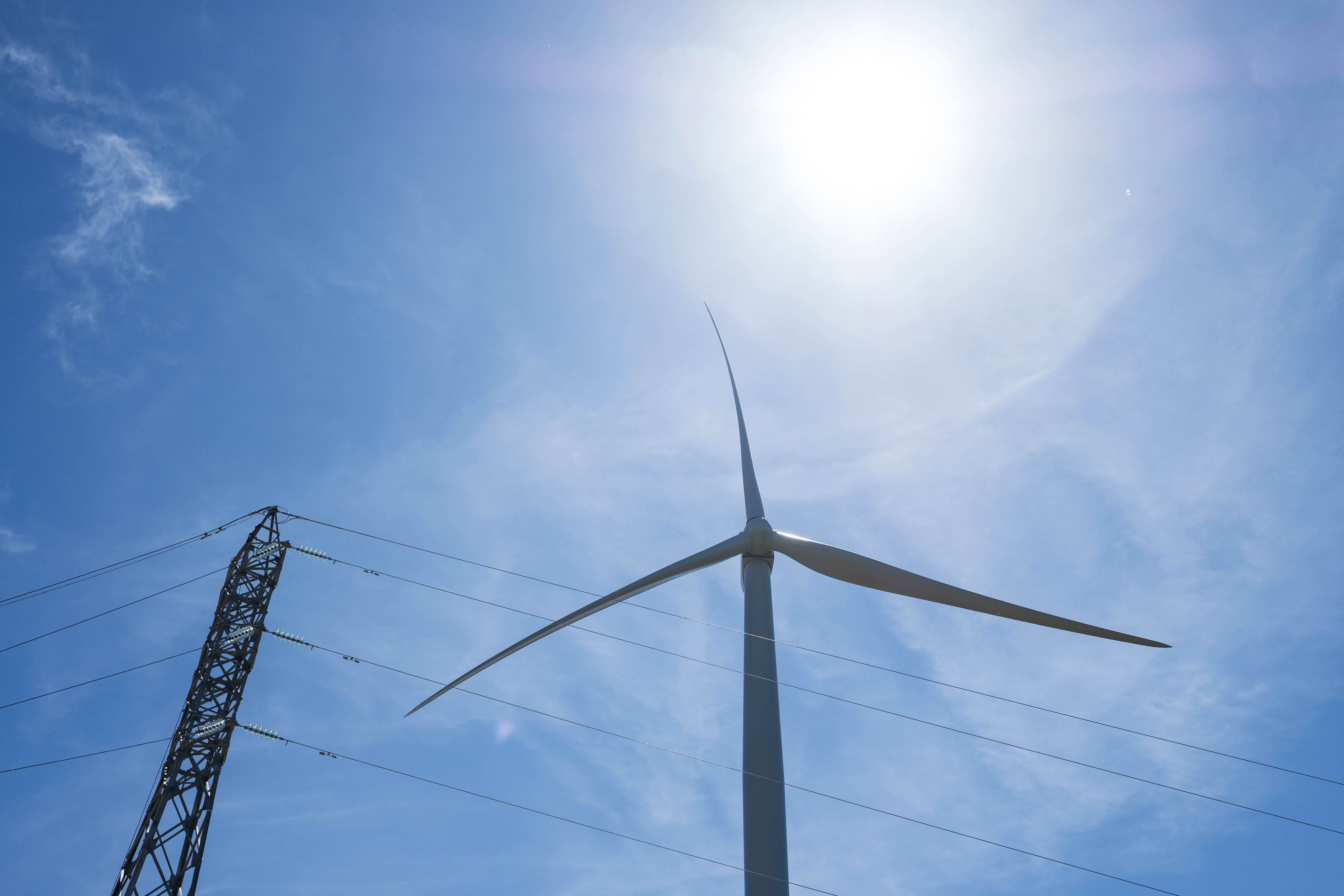We should boost Europe’s energy independence by investing in renewables, CEO says

A wind turbine in an energy park operated by EDP’s renewables unit, EDP Renovaveis, in Maunca, Portugal, on June 18, 2018.
Daniel Rodrigues | Bloomberg | Getty Images
The CEO of Portuguese utility EDP has linked the rapid adoption of renewables to Europe’s energy independence, telling CNBC that investment in the sector needed to be “much faster.”
“These are [indigenous] … resources — wind, solar — that we have in Europe,” Miguel Stilwell de Andrade, who was speaking to “Squawk Box Europe” on Friday morning, said. “So we would become less dependent on external sources of energy, whether it’s gas or coal.”
“I think the answer is, actually, we need to accelerate and do it much faster, particularly on the renewables side,” he added.
The executive’s comments come at a time when tensions between Russia and Ukraine have pushed discussions about energy independence to the forefront of many people’s minds.
Russia was the biggest supplier of both petroleum oils and natural gas to the European Union last year, according to Eurostat.
By 2030 the EU, of which Portugal is a member, wants to cut net greenhouse gas emissions by at least 55%. In terms of renewable sources in its energy mix, a proposal has been made to increase the current target of at least 32% by 2030 to at least 40%.
“To increase EU energy independence, we need to keep investing in renewable energy sources, but we also need to do more to decrease our dependency on fossil fuels,” the European Commission, the EU’s executive arm, has said.
“We have ambitious targets in Europe in general, in terms of what we want to do,” de Andrade said, going on to reference the Paris Agreement.
A wind turbine in an energy park operated by EDP’s renewables unit, EDP Renovaveis, in Maunca, Portugal, on June 18, 2018.
Daniel Rodrigues | Bloomberg | Getty Images
Adopted in 2015, the accord aims to “limit global warming to well below 2, preferably to 1.5 degrees Celsius, compared to pre-industrial levels.”
For his part, de Andrade said the trick was to “accelerate that on the ground, translate that into national plans, translate that into concrete projects on the ground.”
“And for that we need, also, much more agile, much faster permitting and licensing for renewable projects,” he said. “We need to make sure that the networks are investing to make those interconnections.”
“And if we can do that, if we can really accelerate that pace we will get cheaper energy [that’s] reliable, and also be more energy independent.”
As a company, EDP wants to be coal free by 2025 and is aiming for 100% of its electricity generation to be based on renewables by 2030.
On Friday, the company reported a net profit of 657 million euros ($746.1 million) for 2021, a year-on-year drop of 18%. EDP said it had been “penalized by non-recurring effects of 169m [euros], including impairments of thermal assets in Iberia.”
“Excluding these impacts, recurring net profit increased 6% [year-on-year] to 826m [euros], supported by the strong performance in renewables globally, the integration of Viesgo in Spain and the growth of activity of networks in Brazil,” it said. Viesgo is a firm specializing in electricity distribution.
EDP said its performance in 2021 had also been affected by the rise in wholesale market energy prices and hydro resources being lower than average in Iberia.




